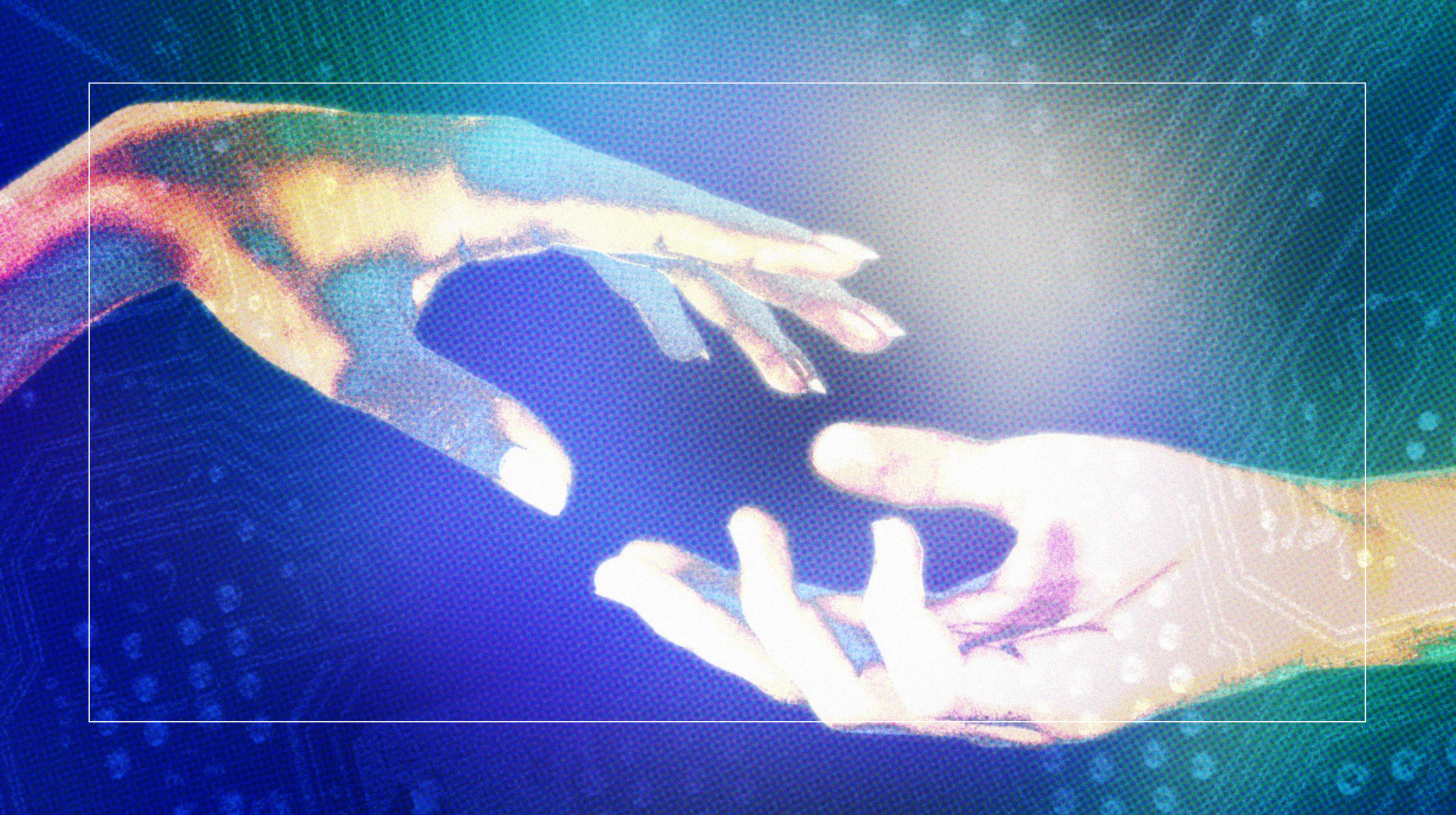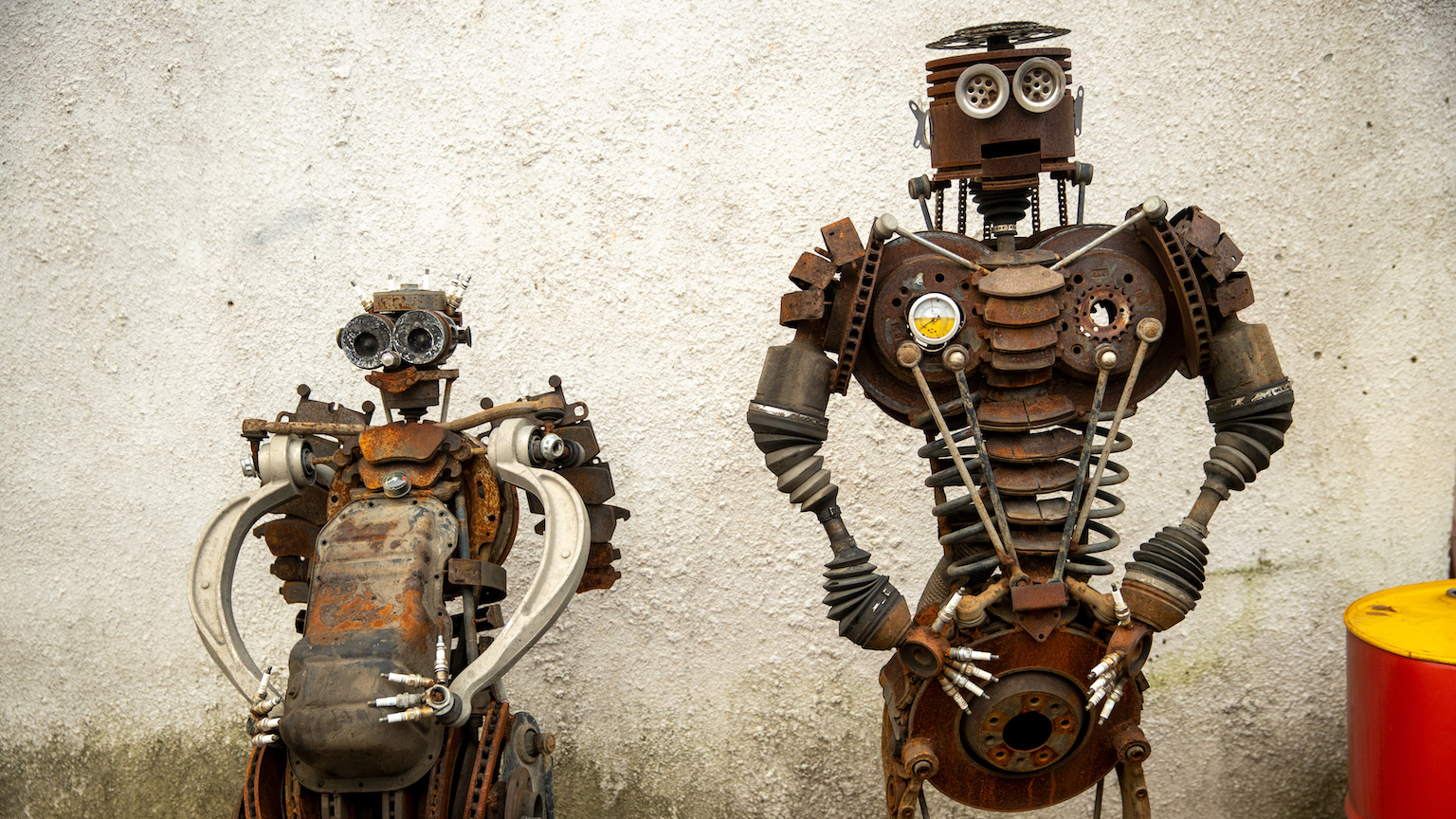Is Artificial Intelligence a Failure?

What’s the Latest Development?
At M.I.T.’s Brains, Minds, and Machines symposium this week, experts in the fields of artificial intelligence, robotics, cognitive science and linguistics gave a gray review to A.I. research over the last three decades. Marvin Minsky, who pioneered neural networks and made major advances in early A.I., criticized the focus of current research: “[Today] you’ll find students excited over robots that play basketball or soccer or dance or make funny faces at you. [But] they’re not making them smarter.” Noam Chomsky, famed linguist who argued for a computational understanding of language rather than a purely cultural one, said that A.I. researchers should seek to understand human thought, not just mimic it.
What’s the Big Idea?
“What went wrong went wrong in the ’80s,” said Patrick Winston, director of M.I.T.’s Artificial Intelligence Laboratory from 1972 to 1997. He echoed the words of Marvin Minsky, who lamented that A.I. research has shifted from general inquiry to over-specialization in areas like neural networks or genetic algorithms. “Winston said he believes researchers should instead focus on those things that make humans distinct from other primates, or even what made them distinct from Neanderthals.” Understanding these differences, rather than simply mimicking human behavior, will result in more robust A.I. said many of the symposium’s panelists.





